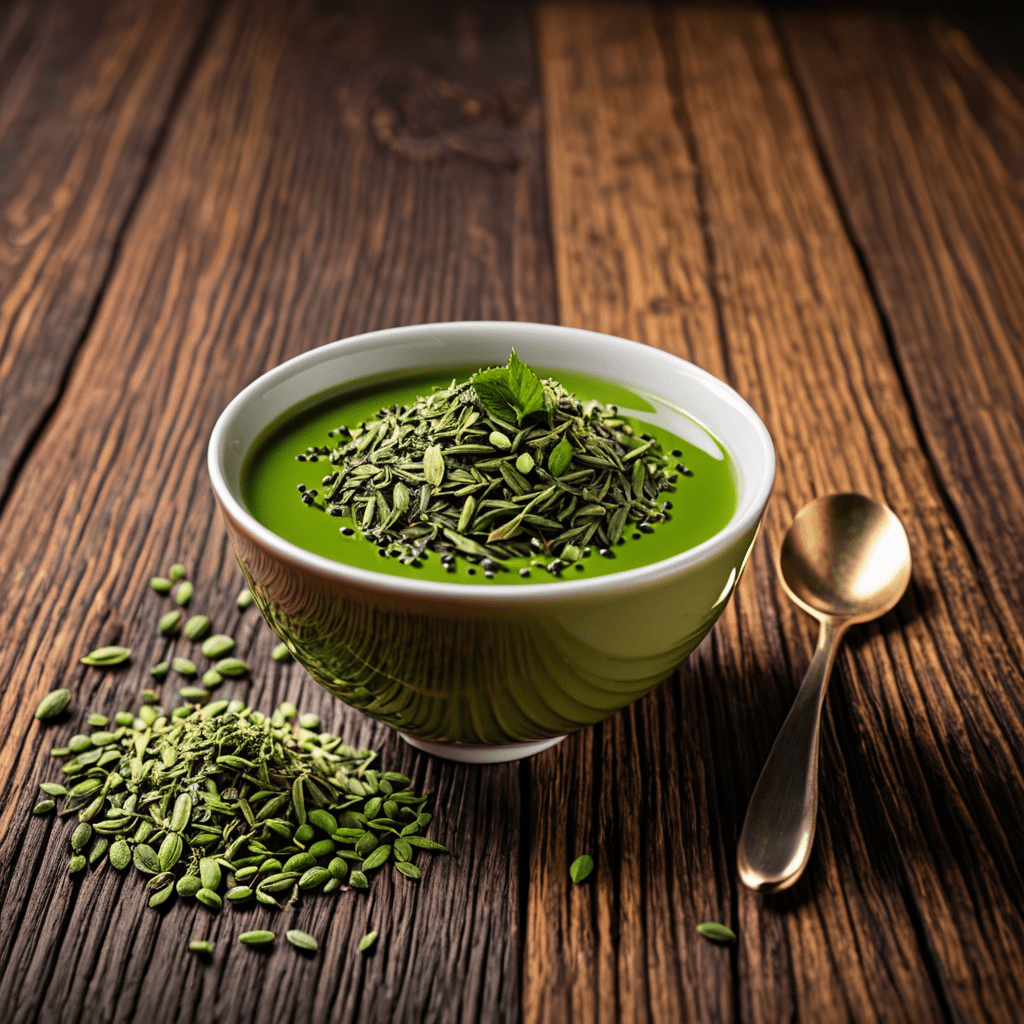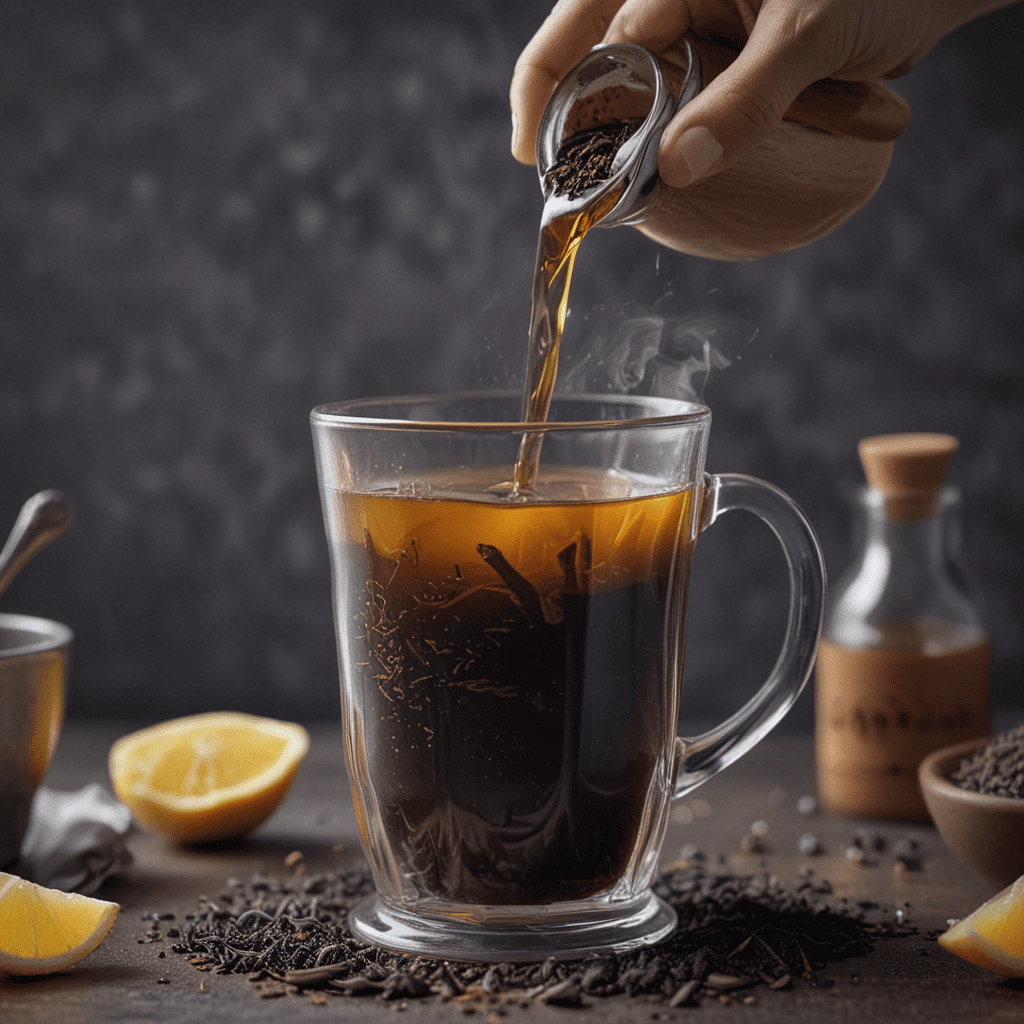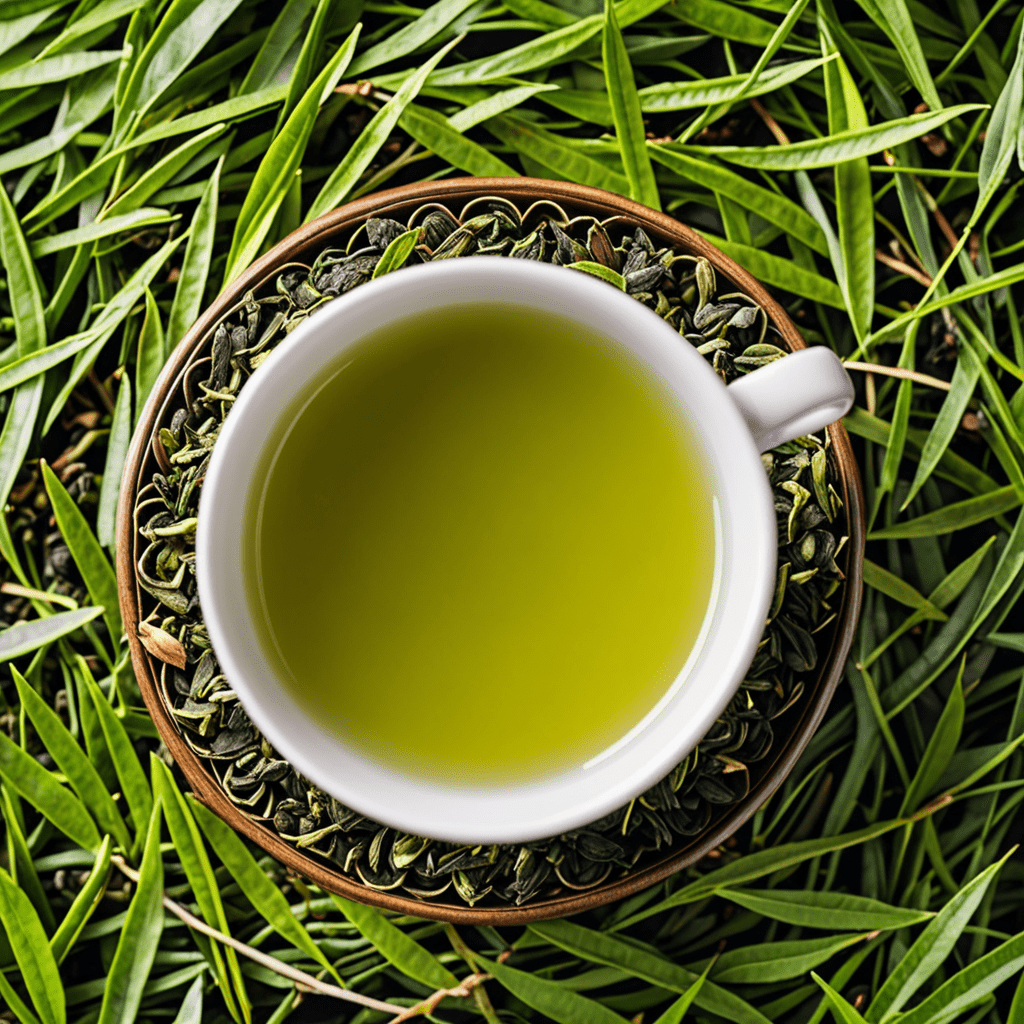Chapter 1: Introduction
Embark on a sensory journey as we delve into the exquisite art of brewing the perfect cup of Ceylon tea. This aromatic beverage, hailing from the verdant hills of Sri Lanka, captivates tea enthusiasts worldwide with its distinctive flavor profile and rich history. Join us as we explore the intricacies of this brewing ritual, promising an unforgettable tea-drinking experience. Let us begin our exploration by understanding the profound significance of Ceylon tea's origins.
Chapter 2: The Significance of Ceylon Tea’s Origins
Ceylon tea, renowned for its exceptional quality and distinctive character, traces its roots to the fertile soils of Sri Lanka, formerly known as Ceylon. The island nation's unique geographical location, coupled with its tropical climate, creates an ideal environment for tea cultivation. Tea plants thrive in the rolling hillsides, where they absorb the essence of the surrounding valleys and lush vegetation. This unique terroir imparts Ceylon tea with its characteristic nuances, making it a highly sought-after beverage among tea connoisseurs.
Chapter 3: Selecting the Ideal Ceylon Black Tea Leaf
The journey to brewing the perfect cup of Ceylon tea commences with the careful selection of the tea leaves. Among the various types of Ceylon tea, black tea stands out for its full-bodied flavor and rich amber hue. When choosing black tea leaves, opt for whole leaves over tea bags, as they offer a more robust and nuanced flavor. Look for leaves that are dark and wiry, as they indicate a high quality harvest. The appearance of the leaves should be free of any imperfections or discoloration, ensuring a premium brewing experience.
Chapter 4: Preparing the Water for Brewing
Water, the fundamental element in tea brewing, plays a crucial role in extracting the tea's delicate flavors. For optimal results, choose filtered or spring water, as it is free from impurities that can interfere with the tea's taste. The temperature of the water is equally important, varying depending on the type of tea. Generally, black teas require water that is just off the boil, around 200°F (93°C). Using water that is too hot can scorch the leaves, resulting in a bitter brew, while water that is too cold will fail to extract the full flavor of the tea.
Chapter 5: Choosing the Brewing Method
The chosen brewing method significantly influences the final character of your Ceylon tea. Two primary methods are widely used: the traditional teapot method and the more convenient tea infuser method. The teapot method involves placing loose tea leaves directly into a warmed teapot, pouring hot water over them, and allowing them to steep for the desired time. This method offers greater control over the brewing process, allowing for adjustments based on personal preferences. Tea infusers, on the other hand, are ideal for brewing individual cups of tea. Simply fill the infuser with loose tea leaves, place it in your teacup, and pour hot water over it. Tea infusers provide convenience and ease of use, making them a popular choice for quick and solitary tea-drinking sessions.
Chapter 6: Essential Brewing Techniques: Temperature, Duration, and Steeping
Brewing the perfect cup of Ceylon tea requires careful attention to temperature, duration, and steeping time. As mentioned earlier, the ideal water temperature for black tea is around 200°F (93°C). Steeping time varies depending on personal preference, but generally, black teas benefit from a steeping time of 3-5 minutes. Allowing the tea to steep for too long can result in a bitter brew, while steeping for too short a time may not fully extract the tea's flavors. Experiment with different steeping times to find the duration that best suits your palate.
Chapter 7: The Art and Ritual of Tea Brewing in Ceylon
In Ceylon, tea brewing is not merely a process but an art form steeped in tradition and ritual. Tea is an integral part of Sri Lankan culture, and its preparation is often accompanied by intricate ceremonies and customs. The traditional Ceylonese tea ceremony involves using a clay teapot known as a "paniyan." The teapot is warmed over a charcoal fire, and loose tea leaves are added directly to the pot. Hot water is then poured over the leaves, and the tea is allowed to steep for a few minutes. Once brewed, the tea is poured into small cups and enjoyed with milk or sugar, as preferred.
Chapter 8: Sensory Evaluation: Savoring the Unique Characteristics and Flavor of Ceylon Teas
The sensory evaluation of Ceylon tea involves engaging all five senses to fully appreciate its unique characteristics and flavor. Observe the tea's appearance, noting its color, clarity, and aroma. As you sip the tea, pay attention to its taste, body, and finish. Identify the dominant flavors and aromas, and consider how they interact with each other. Savor the tea's lingering aftertaste and reflect on its overall impression. By engaging all your senses, you can develop a deeper understanding and appreciation for the nuances of Ceylon tea.
Chapter 9: Enhancing the Experience: Accompaniments and Variations
To further enhance your Ceylon tea experience, consider pairing it with complementary accompaniments. Traditional accompaniments include milk, sugar, honey, or lemon slices, which can subtly alter the tea's flavor profile. You can also experiment with different tea variations to cater to your preferences. For instance, adding spices like cinnamon or cardamom to your black tea can create a unique and flavorful blend. Iced Ceylon tea is another refreshing variation, perfect for warm weather.
FAQs
What is the best way to store Ceylon tea?
Store Ceylon tea in an airtight container in a cool, dry place away from direct sunlight. This will help preserve its freshness and flavor.How long does Ceylon tea last?
Properly stored Ceylon tea can last for up to two years. However, it is best consumed within six months of opening the package to enjoy its optimal flavor.Can I reuse Ceylon tea leaves?
Yes, you can reuse Ceylon tea leaves for a second brew. However, the flavor may be slightly weaker than the first brew.
- What are the health benefits of Ceylon tea?
Ceylon tea contains antioxidants, which can help protect against cell damage and reduce the risk of chronic diseases. It is also a good source of caffeine, which can provide a boost of energy and alertness.


